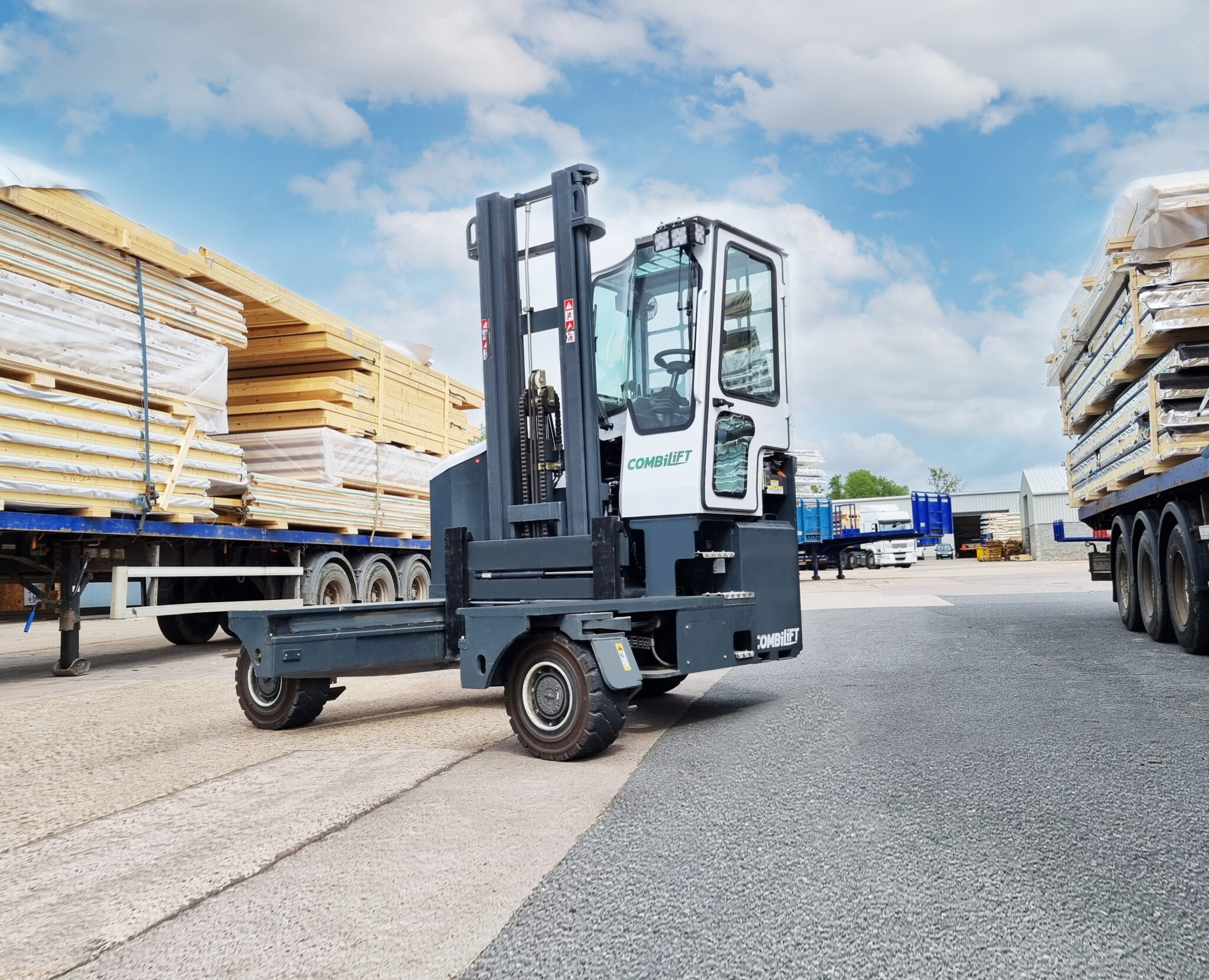BYD Forklift Europe, the world’s leading manufacturer of New Energy Vehicles (NEVs), has brought a selection from its range of 100% zero-emission forklift trucks to Fruit Attraction 2021 in Madrid at its stand 6B01 in hall 6. BYD is using its presence at the show to demonstrate to the Spanish and European fruit and vegetable industry the many cost savings and operational benefits of running an emission-free materials handling fleet.
With the unique BYD Iron-Phosphate Battery at the heart of each of its products, BYD forklifts enhance a business’s green credentials whilst also offering significant cost savings and operation benefits. Furthermore, BYD Iron-Phosphate Batteries come with the most advance design, highest levels of safety and an industry-leading 8-year (or 10,000-hour) warranty, offering companies in the fruit and vegetable sector a safe, reliable, and long-term materials handling equipment partner.
Fruit producers will also be reassured to learn that BYD has an established professional dealer network covering 100% of the Iberian Peninsula, ensuring fast and local service and support.
Visitors to BYD’s stand in the ‘Auxiliary Services’ area of Fruit Attraction will be greeted by a selection from its fast-charging BYD Iron-Phosphate Battery powered range of equipment, including:
- The eye-catching BYD ECB20S, BYD’s latest forklift truck. Displayed at an exhibition for the first time in Europe, the BYD ECB20S completes its three-wheel counterbalance range. This fully-equipped workhorse offers a tremendous amount of options, and like all BYD Iron-Phosphate powered equipment it allows you to top-up the battery at short intervals during operator breaks, ensuring highest levels of availability around the clock.
- Two versions of its popular stacker truck, the BYD EPS14, one with a fold-down platform and one which is walk-behind. With a nominal capacity of 1400kg and lifting heights of up to 5400mm, these stackers can comfortably handle most internal operations found in a busy fruit processing environment.
- The versatile BYD PTW20S pallet truck, for heavier nominal loads up to 2000kg, can be used to load and unload trucks swiftly and efficiently, as well as in areas such as a warehouses where space is at a premium.
Any business in this sector operating a forklift truck or a fleet of materials handling equipment will already most likely be using electric-powered equipment. The main difference is that, most of these will be powered by traditional lead-acid batteries which are not only notorious for spilling acid and leaking gasses, but also run with a considerably reduced capacity the more they are used.
That’s why manufacturers of forklifts are rushing to embrace lithium-ion technology, as it eliminates these health and safety issues and offers longer-lasting batteries with a greater operational window. However, as a sector-leading innovative company, BYD is a step ahead of the game as its 100% maintenance-free Lithium Iron Phosphate (LiFePO4) batteries offer many more benefits than standard lithium-ion batteries.
For example, they can be charged from 20% battery life to 100% in just 60 minutes. The efficiency of the BYD Iron-Phosphate Battery means the total cost of ownership (TCO) of a BYD forklift can be as much as 60% lower than an equivalent lead-acid battery powered rival.
BYD is unique amongst forklift makers in that it designs, manufactures and develops its own batteries and battery management systems (BMS), the same tried-and-tested technology that sits at the heart of its market-leading range of electric buses that can be seen in major cities and airports across Europe and the rest of the world. Additionally, BYD produces critically-acclaimed passenger cars and trucks, ensuring its technology is operating successfully in the most challenging and demanding conditions.
“BYD understands the business of fruit and vegetable producers and processers, and have developed a range of products that are very well suited to handle the lifting and moving challenges they face,” says Ignacio García, BYD Forklifts Country Manager Iberia. “With a growing network of dealers in the region and a range of safe, reliable equipment, BYD can also help companies operating in this industry sector to enhance their green credentials.”
Visitors to Fruit Attraction 2021, which is taking place in Madrid on 5th-7th October, are invited to visit the BYD Forklift stand to find out how to reduce their logistics costs, optimise their operational efficiency, and demonstrate a quantifiable improvement in their environmental profile which they can use to help win new customers and retain existing business.




